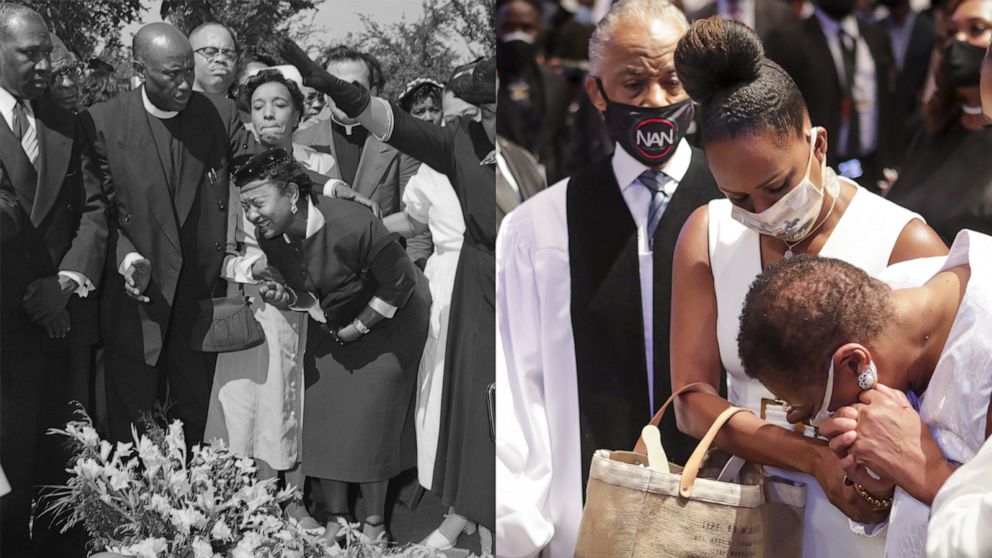'The business of us all': Reporter's Notebook
It was an open casket.
The church filled with flowers, photos, and flanked by family.
Visitor after visitor, friends and complete strangers, all paying their respects to a man that had no idea he would change the conversation and impact the moods and minds of America…even the world.
And with all the images of sadness, anger, frustration and forgiveness, there was George Floyd’s face for the last time...no longer in pain, but peaceful.
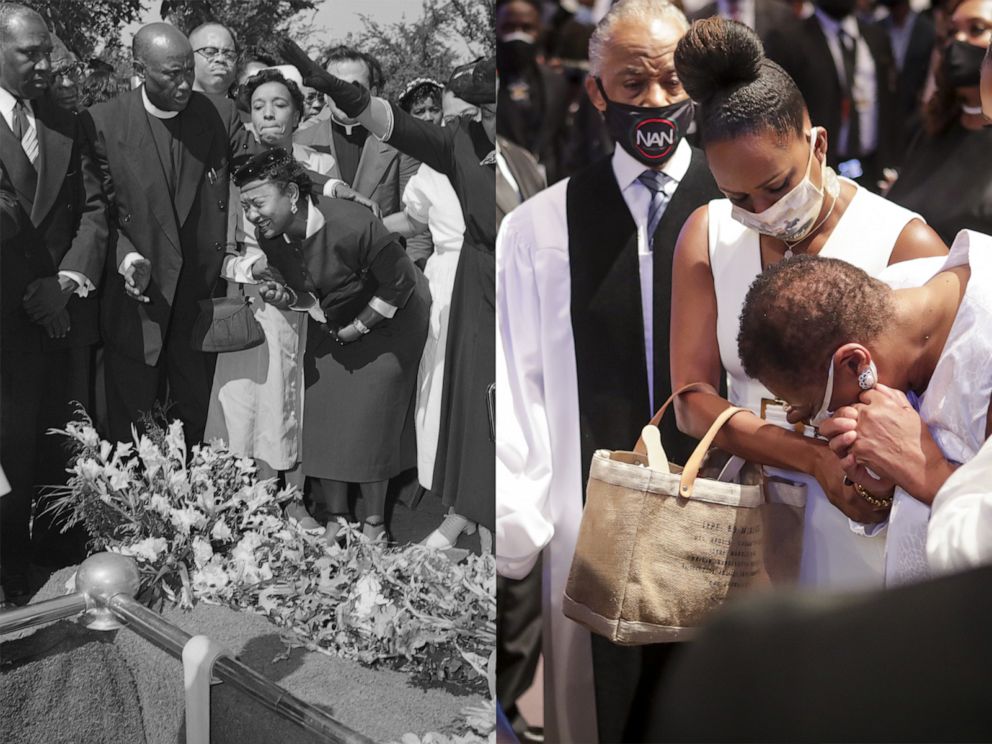
That peace came at an enormous cost.
Black suffering, Black degradation, and ultimately a Black man’s death, has once again presented a ruthless truth, reminding us all, that Black people like George Floyd have long been deprived of humanity.
As a 52-year-old white woman, I can’t fully understand, and I would never presume to speak on the depth of pain experienced by Black people.
But as a journalist, my job is to tell stories, to give voice to those who need it most. Those stories have affected me deeply, and those people have helped shape me as a writer and a human being.
This week has reminded me of one of the most impactful people I’ve met in my career.
I would like to take you back to 2003, when I met a woman by the name of Mamie Till, whose 14-year-old son, Emmett Till was viciously murdered.
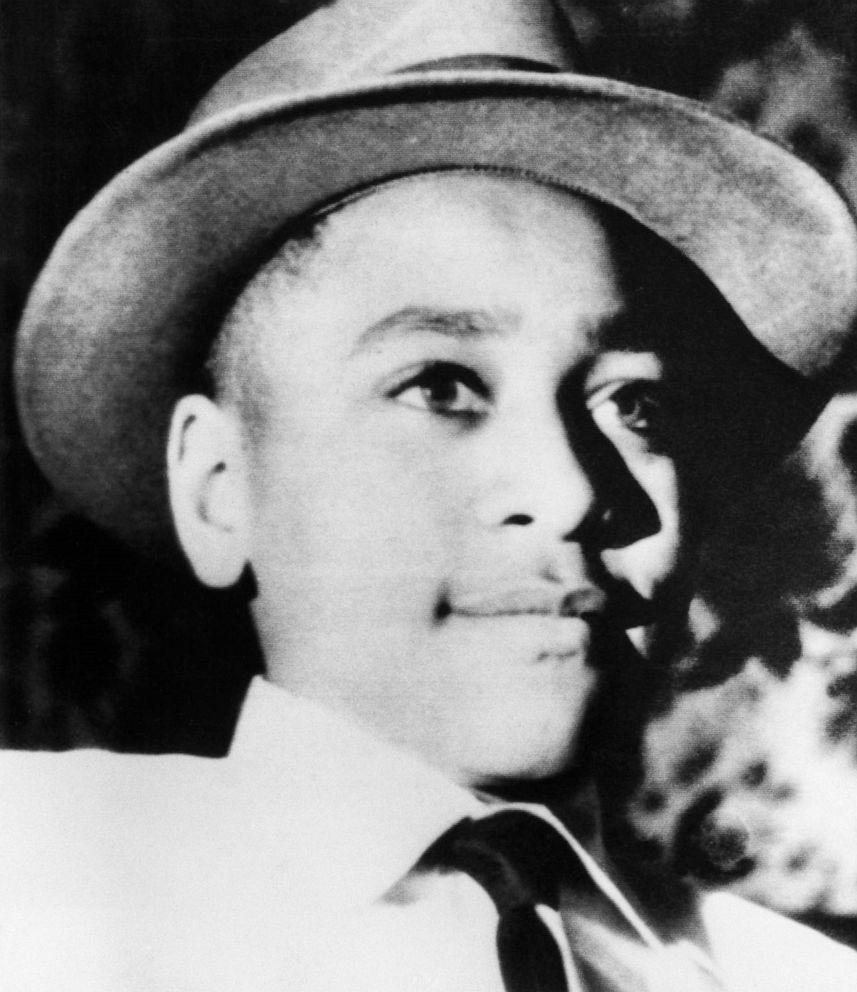
The similarities between Mamie’s son’s funeral and that of George Floyd are as striking as they are disturbing – even as they are separated by more than half a century.
You see, Mamie’s son’s death also triggered a civil rights movement. Tens of thousands of people showed up at his funeral. Emmett’s exposed a sickening reality in America.
Emmett Till was a Black teenager from Chicago, and in the summer of 1955, he went to visit relatives in Money, Mississippi. While stopping by a local grocery store, he encountered a white woman, Carolyn Bryant Donham, who accused him of whistling at her and later, in court, testified that he had groped her.
In recent years, questions have surfaced about whether she recanted claims he accosted her. TheDepartment of Justice has since reopened the case.
The full story of what truly happened at that moment is still unknown, but what we do know, is that the white woman’s husband and his half-brother came looking for Emmett.
What happened next was horrifying.
Emmett Till was beaten, shot, strung up by barbed wire with a 75 pound metal fan around his neck and then dumped into the Tallahatchie River. When his lifeless and mutilated body was pulled from the water, Mamie Till was never going to let the world forget it.
And we didn’t.
Mamie Till insisted on an open casket. She told the funeral director, “let the people see what I’ve seen.”
And we did.
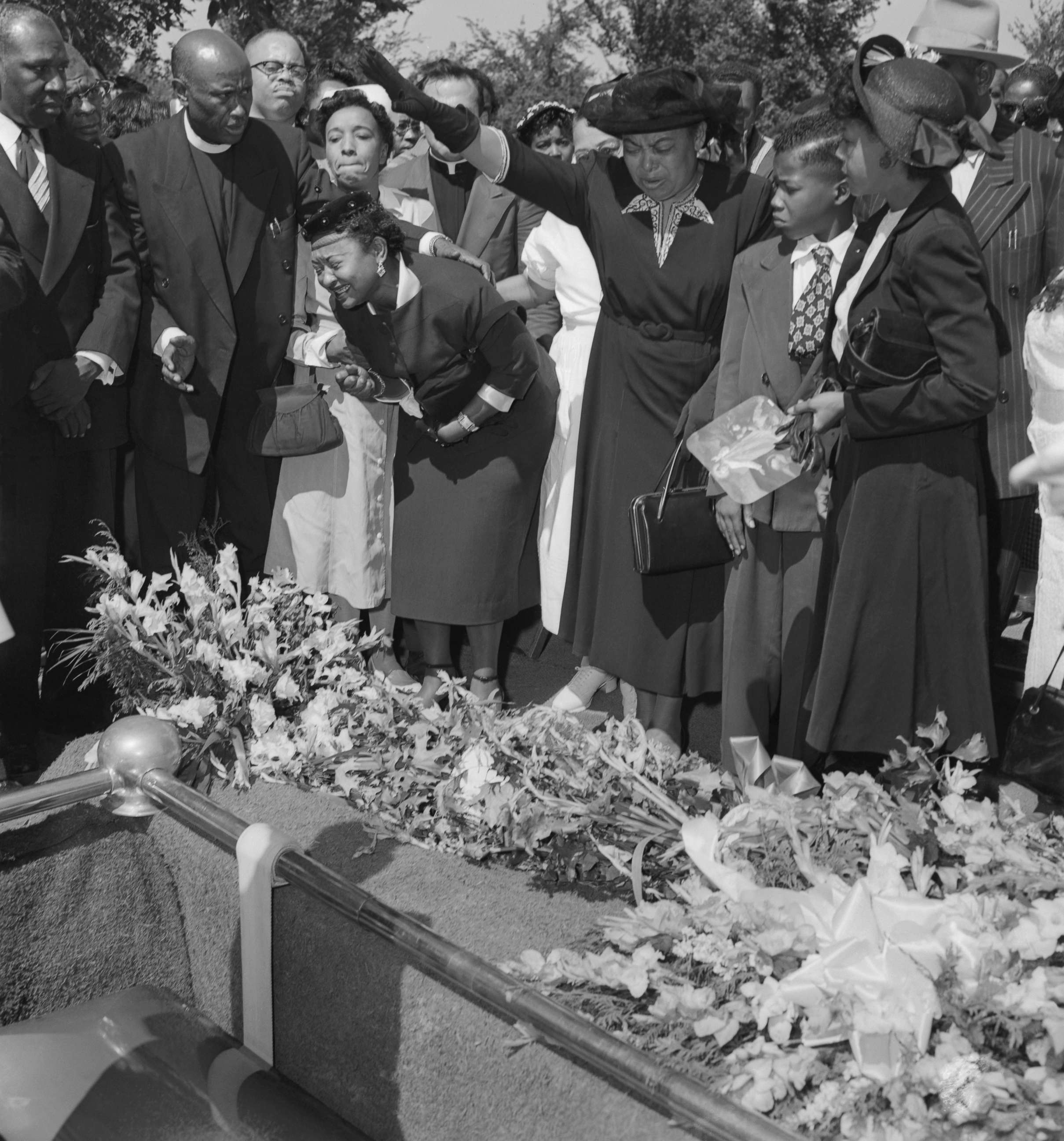
I had the honor and privilege to interview Mamie Till not long before she died. What a gentle, passionate and fearless woman she was.
She not only told me about being a lifelong advocate for social justice, but she also told me she hoped that we would never have to experience, as a people, what she lived through in 1955. I can still hear her patient and impassioned voice. She talked about how “prejudices can kill and suspicions can destroy.” She wanted people to understand that we don’t come into this world with hatred in our hearts, we have to be taught that in order to feel that way.
The injustice, the lack of accountability, the gut-wrenching circumstances surrounding Mamie’s son’s death, even the acquittal of the white men that murdered her son defined her life’s mission.
Her choice to have an open casket represented more than just a lost child. It helped ignite a movement.
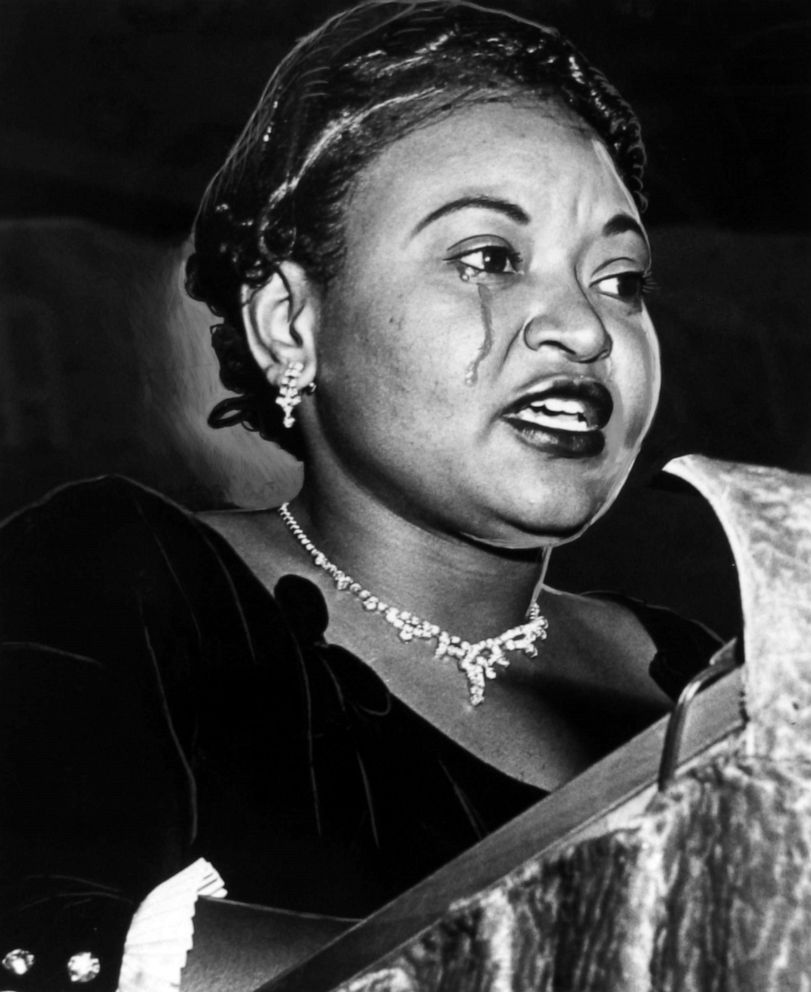
Now we are witnessing a continuation of this movement. We didn’t see the slaughter of Emmett Till, but we DID see George Floyd’s death recorded on cell phone video for all the world to see.
So, what would Mamie Till, a grieving mother, have said at the funeral of George Floyd, who died calling for his mother?
What would Mamie Till have said if I had the chance to talk to her again? I wish I had that opportunity.
However, here is something she did say when Emmett was so viciously killed, “men stood up who had never stood up before.”
And now, her cousin Deborah Watts, says people are standing again. Deborah tells me a “generational pain” is now being felt by their entire family and that "a wound has been reopened,” but that they have never given up on their “pathway to justice."
“This is Mamie’s moment and as her cousin, I am channeling her. What she tried to accomplish is what we are witnessing now. Men, women and young people are standing up who never stood up before, just like in 1955, but this time, they are standing up all over the nation, and they are expecting action, they are looking for those who need to be held accountable, they are seeing what hate looks like and embracing this thought of justice, equity and freedom. This is the rise of Emmett Till and his mother’s legacy and the work we continue to do through the Emmett Till Legacy Foundation.”
Deborah tells me Mamie would have been there embracing Floyd's family, while still seeking justice for Emmett.
As she said in the years following her son's death, “the murder of my son has shown me that what happens to any of us, anywhere in the world, had better be the business of us all.”
That is why I not only have the right, but the responsibility to speak out right now. This, as Mamie told us all those years ago, is the business of us all.
We need to reckon with the brutality of racism, and all engage in a conversation like never before.
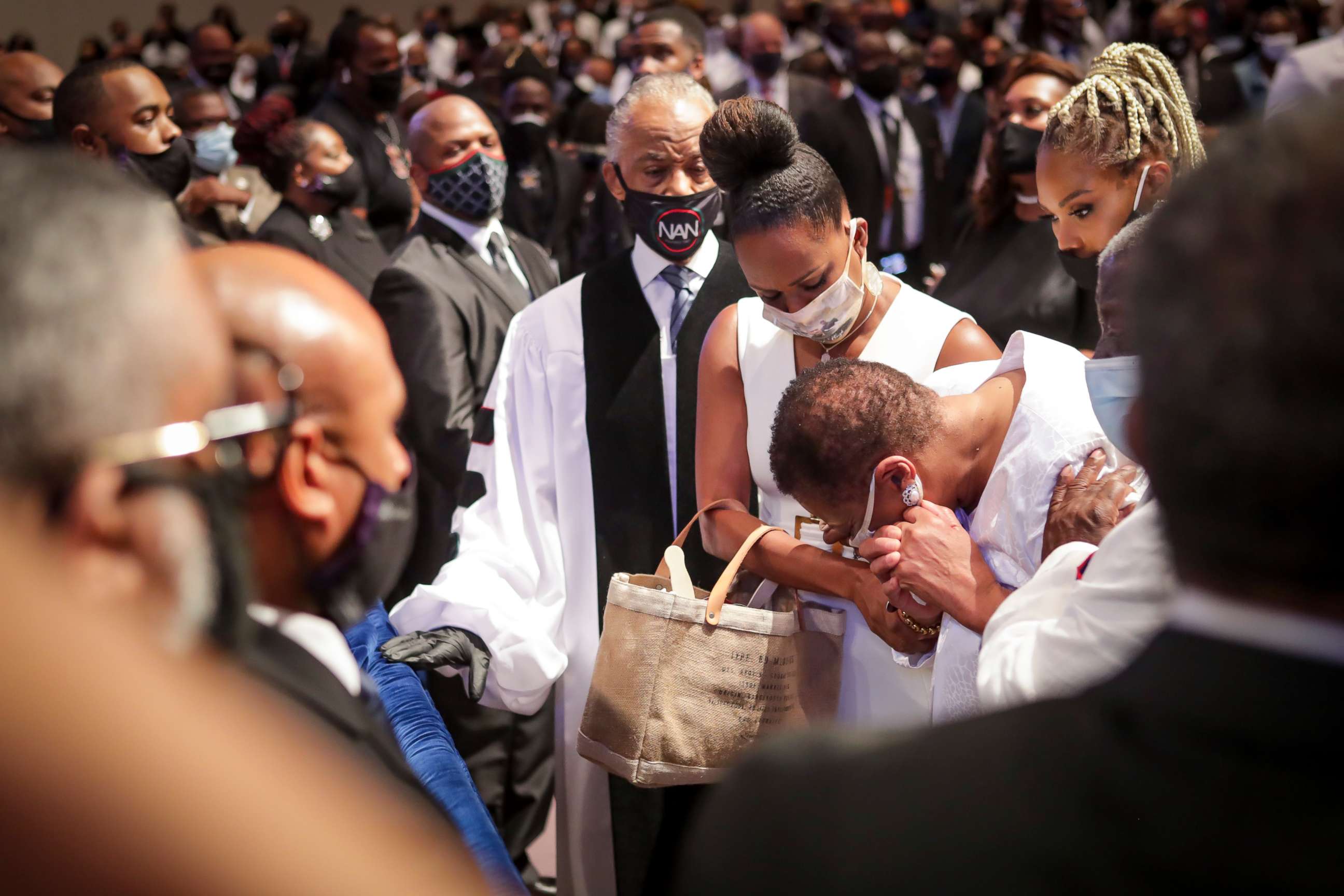
If you didn’t attend the open casket funeral of George Floyd, you can stand before Emmett Till’s casket. It is on display in the Civil Rights exhibition at the African American History Museum in our nation’s capital.
Your conversation can begin right there.
Or, it can begin right now, in your own backyard.
